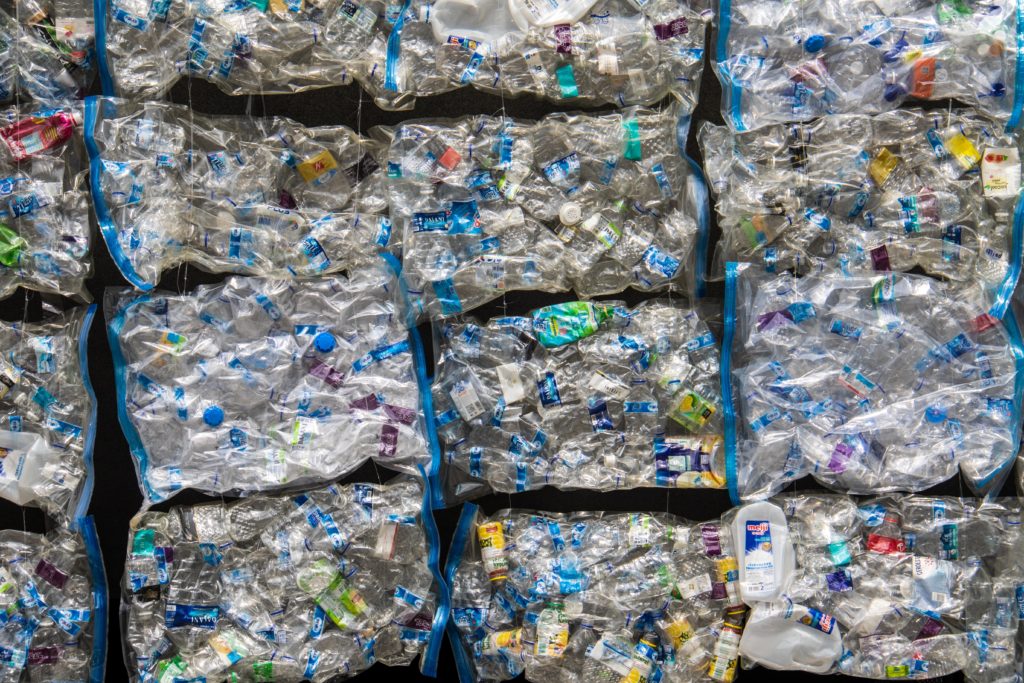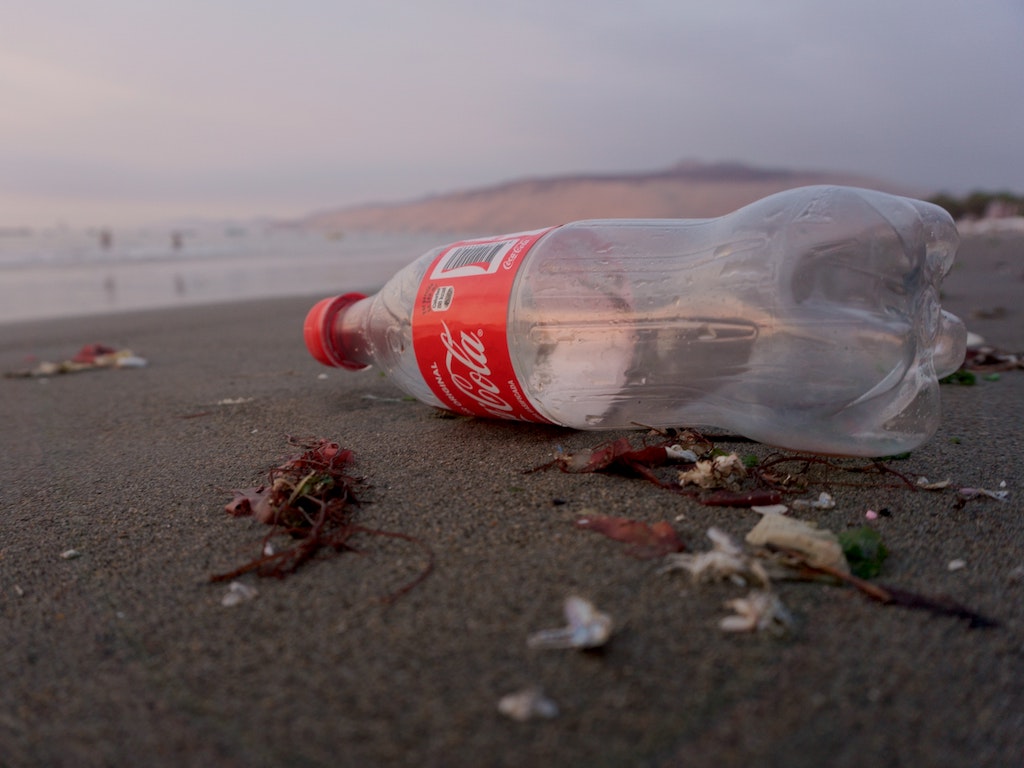3 Mins Read
A group of scientists says new plastic production needs to stop in order to protect the world’s oceans and the environment from plastic pollution.
In a letter published in the journal Science, an international group of scientists and experts are urging industries and governments to limit new production of plastic to curb its impact on the planet.
“Even if we recycled better and tried to manage the waste as much as we can, we would still release more than 17 million tons of plastic per year into nature,” says Melanie Bergmann of the German Alfred-Wegener-Institute, the initiator of the letter. “If production just keeps growing and growing, we will be faced with a truly Sisyphean task.”
The problem with plastic
The scientists point to a growing body of research on plastic and its impact on the planet. A 2020 study suggested a 79 percent decrease in plastic emissions is necessary by 2040, but can only be achieved with immediate actions today, including replacing some plastics outright, as well as improving recycling and downstream processes.

“The exponentially growing production is really the root cause of the problem, and the amounts of plastics we have produced thus far have already exceeded planetary boundaries,” says Bethanie Carney Almroth of the University of Gothenburg, Sweden. “If we don’t tackle that, all other measures will fail to achieve the goal of substantially reducing the release of plastic into the environment,” she said.
Another study, published in February, suggested humanity has already produced more plastic than the planet can handle. Plastic can take centuries to decompose and all plastic ever produced is still on the planet in one form or another. Production of plastic products has increased dramatically since the 1950s. Global plastic production has doubled since 2020 to nearly 400 million tons per year—more than four times the biomass of all living animals.
Research published last month found evidence of a plastic garbage patch forming in the Arctic, jeopardizing one of the regions most impacted by climate change. In March, researchers found microplastics in human blood samples for the first time. The researchers said the findings mean it is “scientifically plausible” for plastic to accumulate in organs via the bloodstream. Plastic contains estrogen-mimicking hormones that can disrupt the body’s metabolic and reproductive systems. It is also a risk factor in certain types of cancer.
Capping plastic production
Capping production of new plastics would not only decrease the risks to human health, but it can help decrease the environmental impact. The scientists say it could also boost the value of recycled plastics and lead to innovations in using up existing plastic waste.
The letter comes after United Nations member countries agreed in March to adopt a global treaty aimed at tackling plastic pollution.

The letter says the “massive production” also feeds the plastic waste transfer from the Global North to the South. “A production cap will facilitate getting rid of non-essential applications and reduce plastic waste exports,” said contributor Sedat Gündogdu of the Cukurova University, Turkey.
Proper regulation of plastics could generate a “gateway to more effective regulation of synthetic chemical production as a whole,” said letter co-author Susanne Brander, an ecotoxicologist at Oregon State University.
“Prioritizing the health of our planet and its people with a binding global agreement that caps plastic production, while acknowledging that there is no ‘away’ for pollutants and that there never has been, is a critical step towards a more sustainable future for all of us.”
Lead image courtesy maria mendiola on Unsplash




